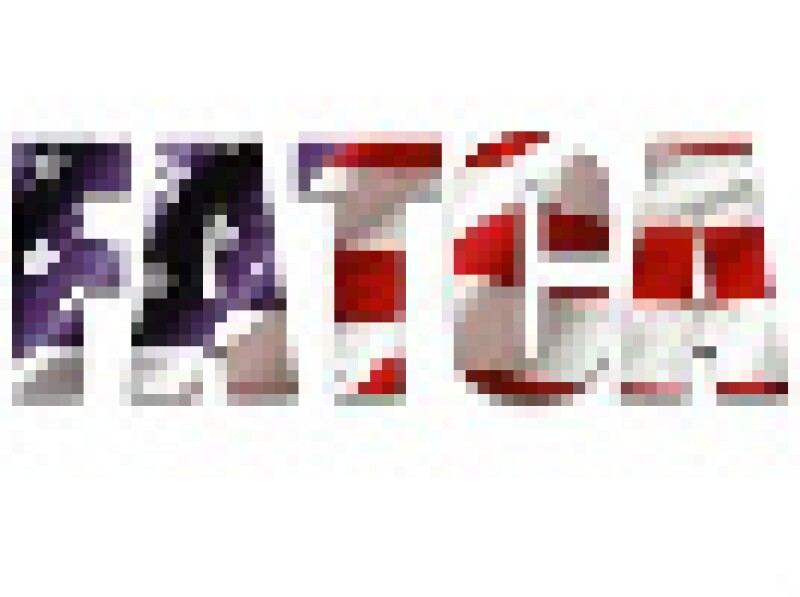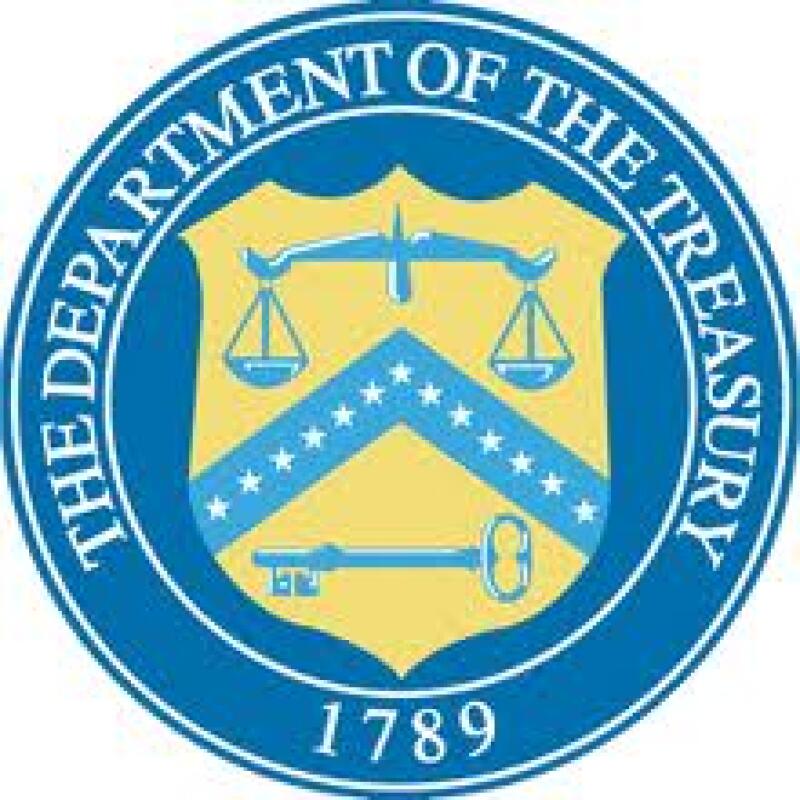
However, the agreements envisaged differ from those the US is pursuing with other jurisdictions because of how any information will be reported.
A joint statement from the US and five European jurisdictions in February referred to a model bilateral agreement that would see foreign financial institutions (FFI), the main targets for FATCA compliance, reporting to their national tax authorities for onward transmission to the Internal Revenue Service (IRS).
But the agreements with Japan and Switzerland, which the US Treasury is describing as Model II, would allow for direct reporting by FFIs to the US tax authorities and additional reporting under the bilateral tax treaties that each jurisdiction has with the US.
"The core element of the solution is that the necessary exchange of data will be made directly with the US tax authorities and not, as in the implementation solution for the five big European countries, by means of centralized data gathering," said a statement from the Swiss Bankers' Association (SBA). "This better takes into account the particular characteristics of the Swiss financial centre."
"These developments act as further proof that FATCA is really going to happen within the next 12 months," said Jim McGivern, a senior business consultant with AutoRek, which provides financial data management software. "More worryingly, the latest advances seem to indicate that many countries will now consider implementing their own version of FATCA in the near future."
Framework
The Switzerland and Japan agreements are similar but not identical. The frameworks will see the jurisdictions commit to a number of conditions to ease the burden of FATCA compliance and eliminate circumstances where withholding tax is due.
The two jurisdictions will direct their financial institutions not exempt or deemed compliant under the legislation already to conclude a foreign financial institution (FFI) agreement with the US. Switzerland will also establish an exception to article 271 of the Swiss Criminal Code so that Swiss FFIs can comply with FATCA, particularly where it requires the reporting of information about US accounts to the IRS and respond. And both jurisdictions will respond to requests for information from the US competent authority about any US accounts deemed to be recalcitrant according to, for Switzerland, the protocol to the tax treaty it signed with the US in 2009 and, for Japan, its tax treaty with the US, which dates from 2003.

"Also positive are the possibility of simplified client identification and the preservation of QI-status for financial institutions considered as deemed compliant," the SBA said.
And Japan and Switzerland would not have to close the account of a recalcitrant account holder or impose withholding tax on a foreign passthru payment to recalcitrant account holders, or other financial institutions in each country or other jurisdictions with which the US has an agreement to implement FATCA.
In return, the US said it will specify in the forthcoming agreement which Swiss and Japanese financial institutions and schemes are exempt or deemed compliant under FATCA; remove the US withholding tax requirement under FATCA on payments to the financial institutions of both countries and agree to other measures that will relieve the burden of complying with FATCA.
Article 271 of the Swiss Criminal Code refers to any person carrying out unlawful activities, such as passing on information, on behalf of a foreign government.
"Switzerland's refusal to implement FATCA would cause major disadvantages for the financial centre," a Swiss government statement said. "The prohibitive withholding tax of 30% on all payments from the United States and the likely consequence that foreign financial institutions would terminate their business relationships with Swiss financial institutions in the medium term would result in exclusion from the world's largest capital market."
Automatic exchange
However, that is where Switzerland appears to draw the line on international cooperation.

The Treasury statement announcing the Japanese agreement outlined that both jurisdictions would be willing to work with FATCA partners and the OECD on coming up with a common model for automatic exchange of information, particularly the development of reporting and due diligence standards that would lower compliance costs for financial institutions and others.
“We welcome Japan’s willingness to intensify our cooperation in combating international tax evasion and look forward to continuing to work with Japan and other countries to make progress in this regard,†said Emily McMahon, the US’s acting assistant secretary for tax policy.
While McMahon used similar words to welcome the prospect of an agreement with Switzerland, there was no evidence in the joint statement between the two countries that Switzerland, unlike Japan, is prepared to join discussions on automatic exchange of information.











